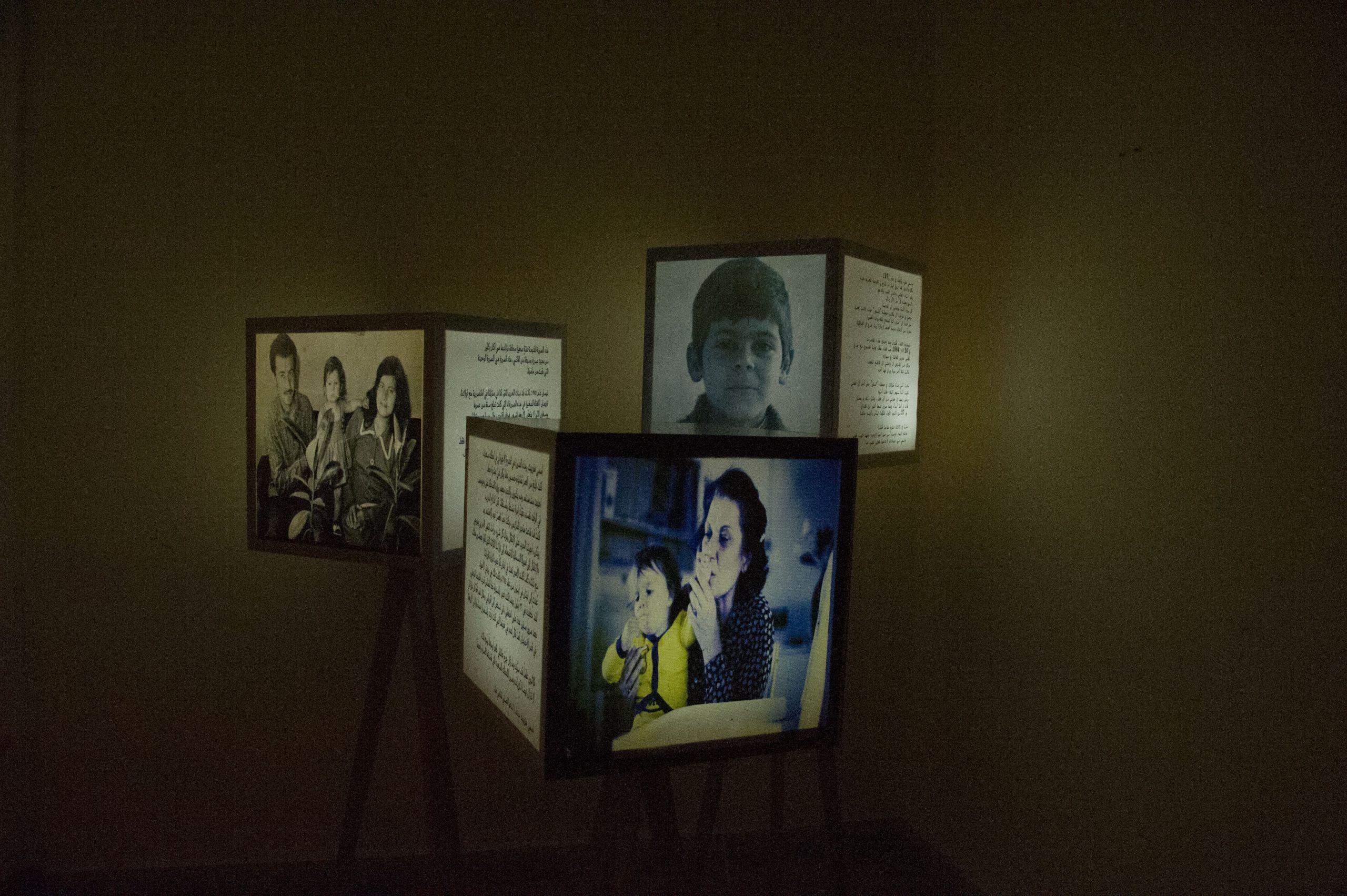
Remembering victims of the civil war in Lebanon
During Lebanon’s civil war, which lasted from 1975 to 1990, over 100,000 people were killed and thousands disappeared. In the years following the war, little was done to address its repercussions; there was no formal transitional justice process, and very little recognition was given to the victims. Act for the Disappeared, founded in 2010, investigate disappearances and potential mass graves to determine the fate of missing persons. They also offer psychosocial support to families, and foster intergenerational dialogues to memorialise the conflict and promote reconciliation.

Three of more than 200 chairs painted by the families of the missing in remembrance of their loved ones, during a handover ceremony. ©Act for the Disappeared
Since its founding, Act has developed clinical, legal and political expertise and a large network of local and international experts to support the families of the disappeared. To date Act has reached around 1,300 families of missing people throughout Lebanon and mobilised and empowered new representatives of families of the missing. Through its documentation project, Act has collected information related to thousands of missing persons’ cases. It has also produced a mapping of hundreds of events, checkpoints, detention centers and alleged clandestine gravesites.
In November 2020, with partners, Act for the Disappeared launched an online exhibition called Empty Chairs, Waiting Families, displaying artwork by family members of the missing. The exhibition is the product of four years of psychosocial and memorialisation activities through which family members design and paint a chair in remembrance of their loved ones.
Act has raised public awareness on the issue of missing persons through media campaigns and successfully advocated for the establishment of the National Commission for the Missing and Forcibly Disappeared in 2018. This contributed to the establishment of an independent National Commission to investigate the fate and whereabouts of the missing and provide reparations to the families.
Return to grantee stories
